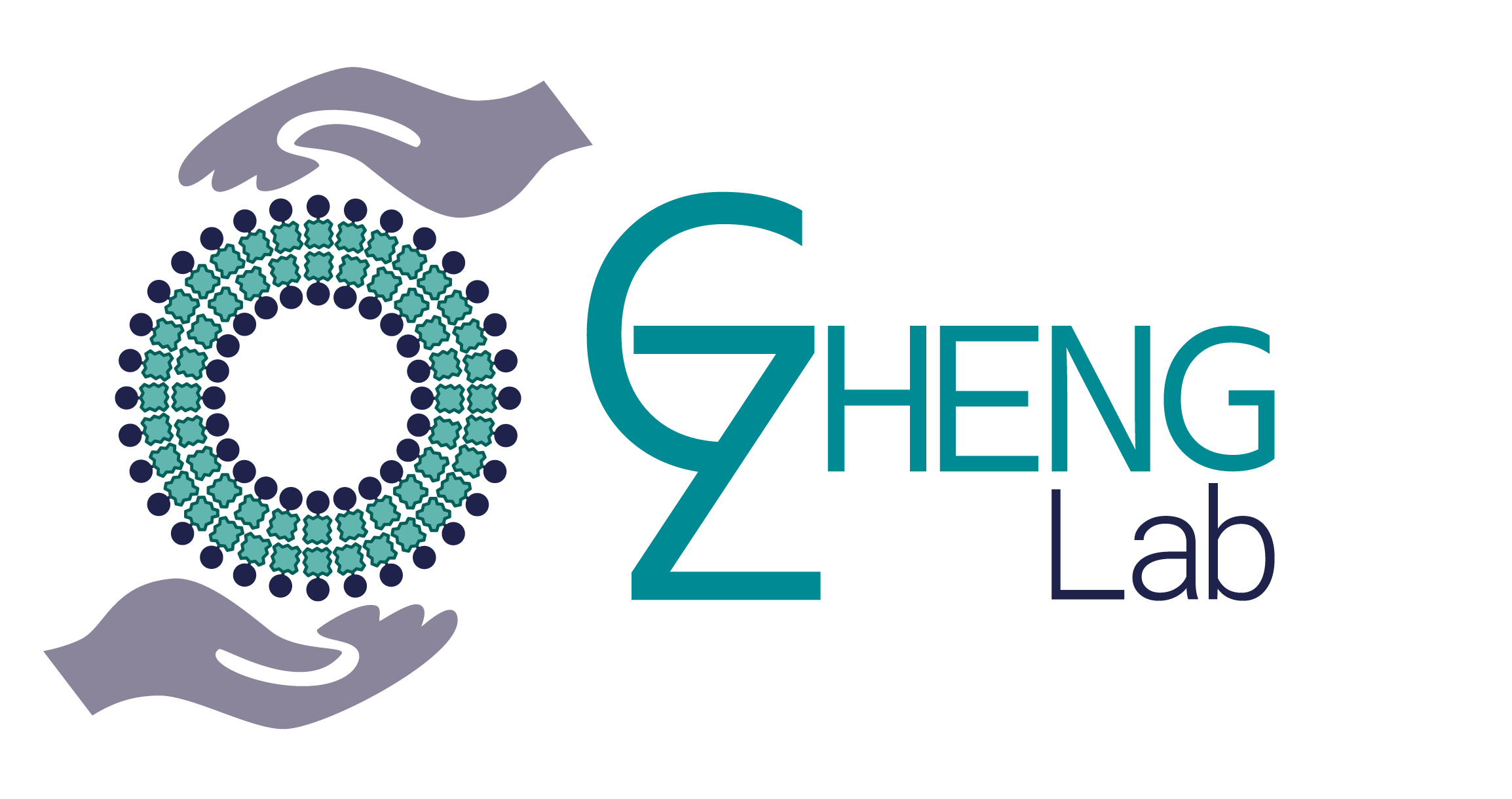Pellow C, Acconcia CN, Zheng G & Goertz DE
Physics in Medicine and Biology, 2018
DOI: 10.1088/1361-6560/aae571

Nanobubbles hold potential for expanding utility of ultrasound contrast-based applications to extravascular targets, but their acoustic response and the effects of the surrounding environment remain relatively unexplored. Here we investigate the dynamics of porphyrin-encapsulated nanobubbles (diameter <0.4 µm; 10^6 mL-1) at clinically relevant frequencies (2.5 MHz and 8 MHz) as a function of pressure (0.2 – 1.0 MPa) in vessel- and tissue-mimicking phantoms to gain an understanding of nanobubble behaviour in intra- and extravascular compartments. The results provide the first direct observation that nanobubbles can initiate nonlinear scattering, and that they do so in a pressure-dependent manner. It is further demonstrated that while nanobubbles in confining media require higher pressures for nonlinearities and demonstrate reduced scattering, they can exhibit sustained and non-destructive cavitation. Bubble models are then used to gain mechanistic insights into experimentally observed nanobubble dynamics and confirm sensitivity to nonlinear shell rheology, particularly to radially-dependent surface tension and the characteristic time constant for shear-thinning.
